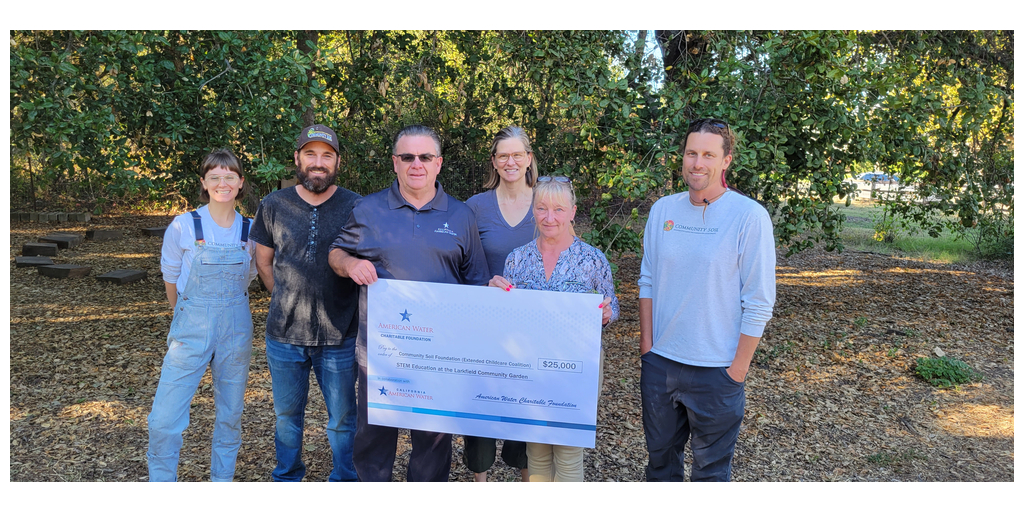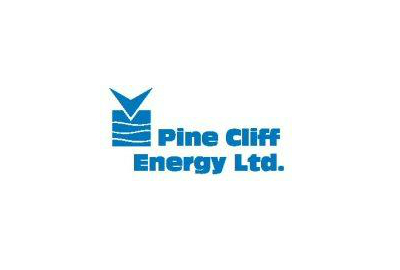
A good battery needs two things: high energy density to power devices; and stability, so it can be safely and reliably recharged thousands of times. For the past three decades, lithium-ion batteries have reigned supreme — proving their performance in smartphones, laptops, and electric vehicles.
But battery researchers have begun to approach the limits of lithium-ion. As next-generation long-range vehicles and electric aircraft start to arrive on the market, the search for safer, cheaper, and more powerful battery systems that can outperform lithium-ion is ramping up.
A team of researchers at the Georgia Institute of Technology, led by engineer Matthew McDowell, is using aluminum foil to create batteries with higher energy density and greater stability. The team’s new battery system, detailed in Nature Communications, could enable electric vehicles to run longer on a single charge and would be cheaper to manufacture, while having a positive impact on the environment.
This work was performed in part at the Georgia Tech Institute for Electronics and Nanotechnology, a member of the National Nanotechnology Coordinated Infrastructure, which is supported by the U.S. National Science Foundation.
“We are always looking for batteries with higher energy density, which would enable electric vehicles to drive for longer distances on a charge,” McDowell said. “We can use aluminum as a battery material, because it’s cost-effective, highly recyclable and easy to work with.”
When used in a conventional lithium-ion battery, aluminum fractures and fails within a few charge-discharge cycles due to expansion and contraction as lithium travels in and out of the material. Developers concluded that aluminum wasn’t a viable battery material, and the idea was largely abandoned.
Now, solid-state batteries have entered the picture. While lithium-ion batteries contain a flammable liquid that can lead to fires, solid-state batteries contain a solid material that’s not flammable and, therefore, likely safer. Solid-state batteries also enable the integration of new high-performance active materials.
Researchers have added small amounts of other materials to aluminum to create foils with particular “microstructures,” or arrangements of different materials. The engineers tested more than 100 different materials to understand how they would behave in batteries.
The aluminum anode could store more lithium than conventional anode materials, and therefore more energy. In the end, the researchers created high energy density batteries that could potentially outperform lithium-ion batteries.
“One of the benefits of our aluminum anode is that it enables performance improvements, and it can be very cost-effective,” McDowell said. “When using a foil directly as a battery component, we actually remove a lot of the manufacturing steps that would normally be required to produce a battery material.”
Short-range electric aircraft are in development by several companies, but the limiting factor is batteries. Today’s batteries do not hold enough energy to power aircraft to fly distances greater than 150 miles or so. New battery chemistries are needed, and the team’s aluminum anode batteries could open the door to more powerful battery technologies.
Courtesy of the National Science Foundation.
Featured image: A solid-state battery built by NSF-supported engineers at Georgia Tech. Credit: Georgia Institute of Technology.
I don’t like paywalls. You don’t like paywalls. Who likes paywalls? Here at CleanTechnica, we implemented a limited paywall for a while, but it always felt wrong — and it was always tough to decide what we should put behind there. In theory, your most exclusive and best content goes behind a paywall. But then fewer people read it! We just don’t like paywalls, and so we’ve decided to ditch ours. Unfortunately, the media business is still a tough, cut-throat business with tiny margins. It’s a never-ending Olympic challenge to stay above water or even perhaps — gasp — grow. So …




